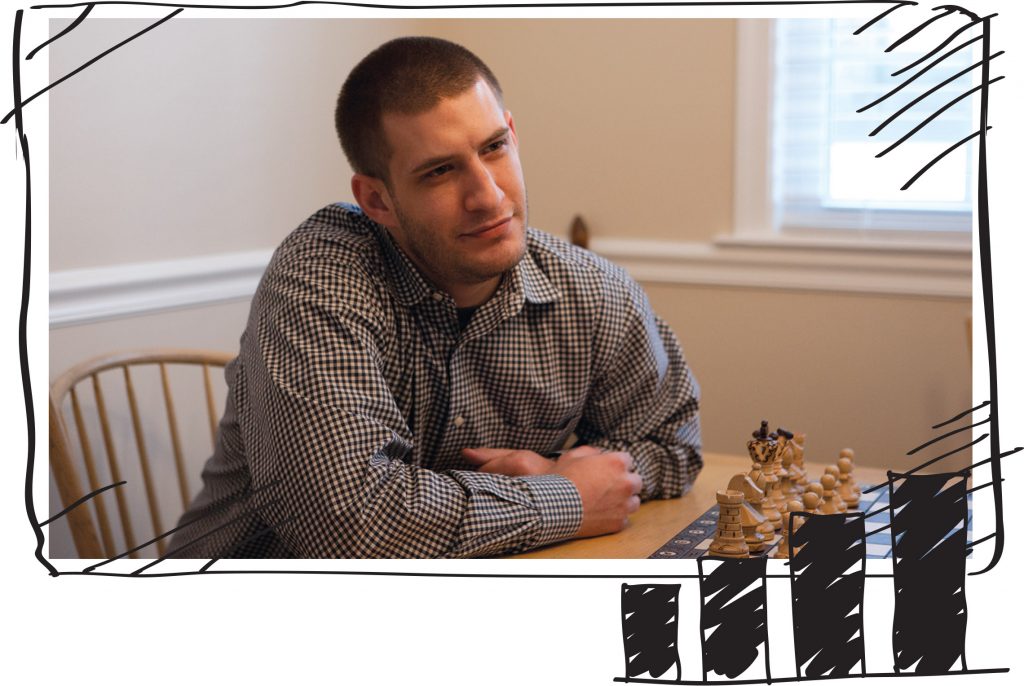 For many new business owners, hitting the bottom line takes top priority. But for Zach Belmont, it’s about helping other men bounce back from hitting rock bottom.
For many new business owners, hitting the bottom line takes top priority. But for Zach Belmont, it’s about helping other men bounce back from hitting rock bottom.
The 2011 La Salle grad recently opened a recovery house to provide a structured sober living environment for men recovering from drug and alcohol addiction.
As a drug and alcohol counselor at the Malvern Institute, Belmont frequently referred patients to recovery houses following treatment to help them transition to a new sober life. But he soon found the picture painted in many of the brochures looked much different from reality.
“I would see the same patients back in treatment and hear horror stories about these houses—about overcrowding, with 12 to 15 men in a house and six people in a room with bunk beds,” he said.
“I wanted to provide a place that was somewhere that I would actually want to live,” Belmont said. “There was such a need in the Philadelphia area because there weren’t many options around here.”
With a loan from some family members, Belmont purchased a split-level home in the Andorra section of Philadelphia and literally built his business into what he wanted it to be. He made a significant investment in the house, installing new bathrooms and a completely renovated kitchen. He opened up the floor plan to create more shared living spaces to encourage a supportive community environment and built a back patio where the residents could gather together and grill.
In late September, Sobriety Solutions LLC opened for business—but not without some growing pains. “I had these expectations that I would be full immediately because in my field, there’s constantly a need,” Belmont said. “But I soon realized, like any business, I had to market it for anyone to know about it.”
“I wanted to provide a place that was somewhere that I would actually want to live.” –Zach Belmont, ’11
With more than three years in recovery himself, Belmont began reaching out to contacts in his sober network. He sent introductory letters to outpatient counselors, therapists, and treatment centers, identifying himself and the mission of the house, along with a program overview and pictures of the home. In addition to this grass roots campaign, he also spread the word through social media and print advertising.
“I still have a lot to learn, but I feel like I have a good foundation because of my business education, particularly because I was a marketing major,” he said. “That really gave me an advantage.”
Once word got out, the house filled quickly and now has reached full capacity. But for Belmont, it’s not just about making ends meet.
“It’s not just about paying the mortgage—I want to offer a quality house with people who are serious about their recovery,” Belmont said.
Residents have to submit to regular drug and alcohol screening, attend a set number of 12-step meetings, take an active role in recovery, and participate in neighborhood outreach. Belmont also strongly encourages residents to participate in at least one method of continued care, such as intensive outpatient therapy or individual psychotherapy.
“Everyone has their struggles and I don’t expect perfection, but I do expect a serious commitment to sobriety,” Belmont said. “As a business owner, I have respect for my local community and as a sober person, I have a responsibility to the recovery community to offer a good representation of what it means to be a responsible recovering addict and alcoholic.”
